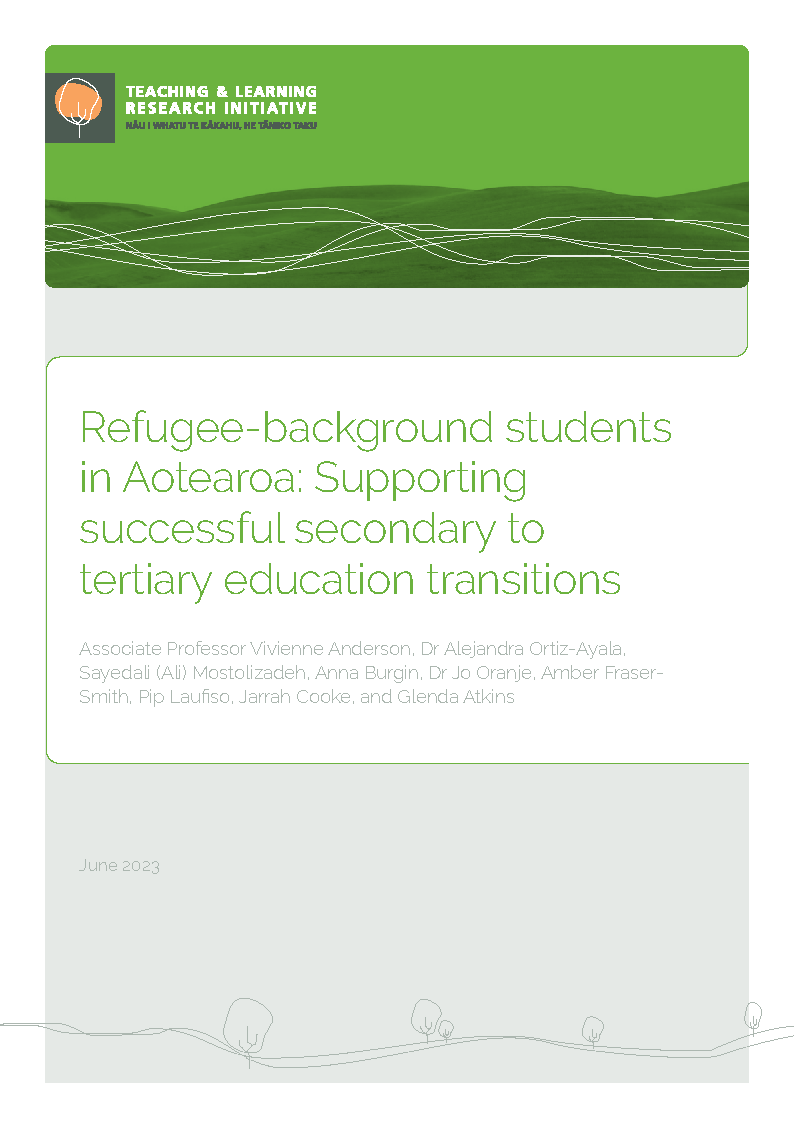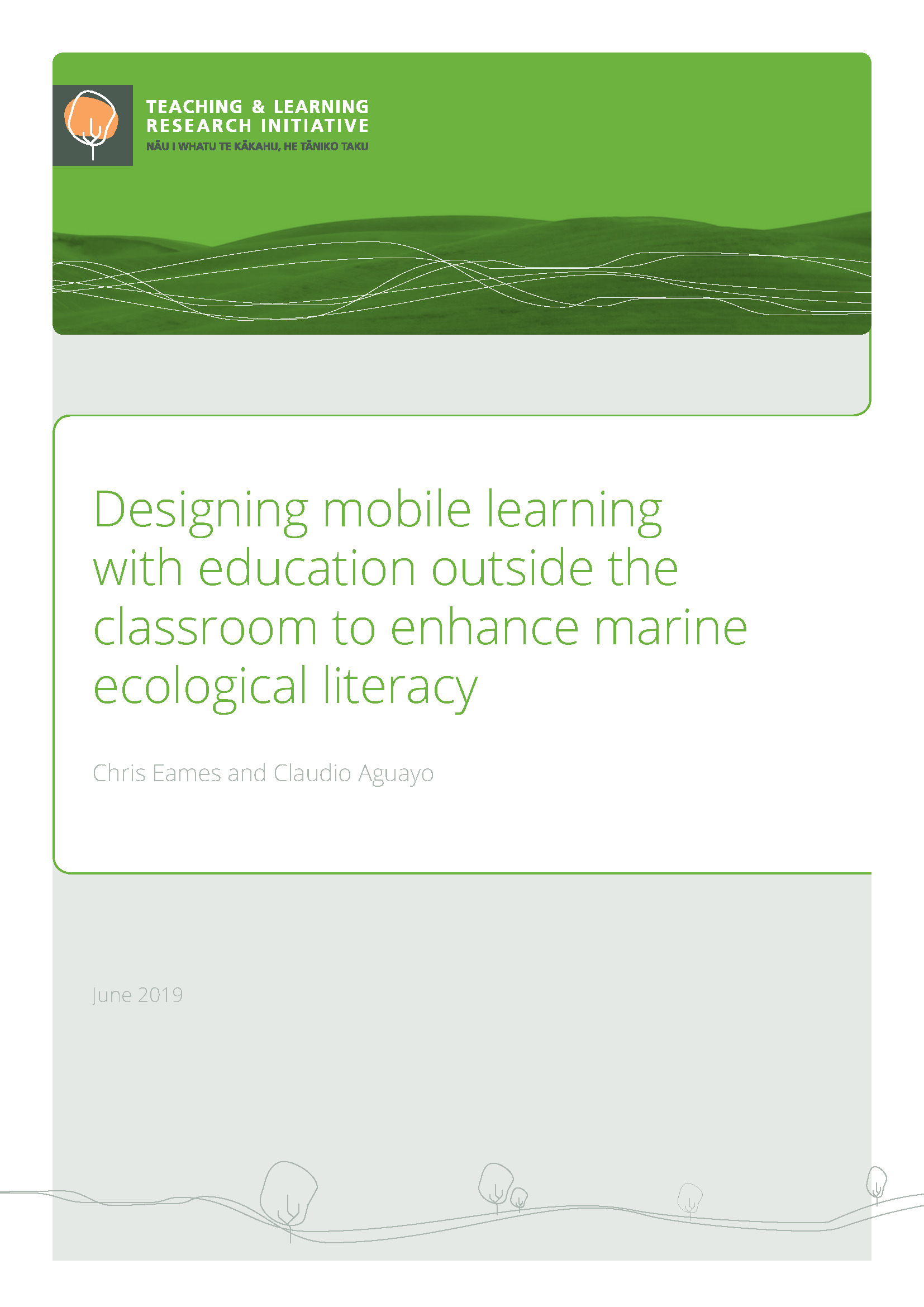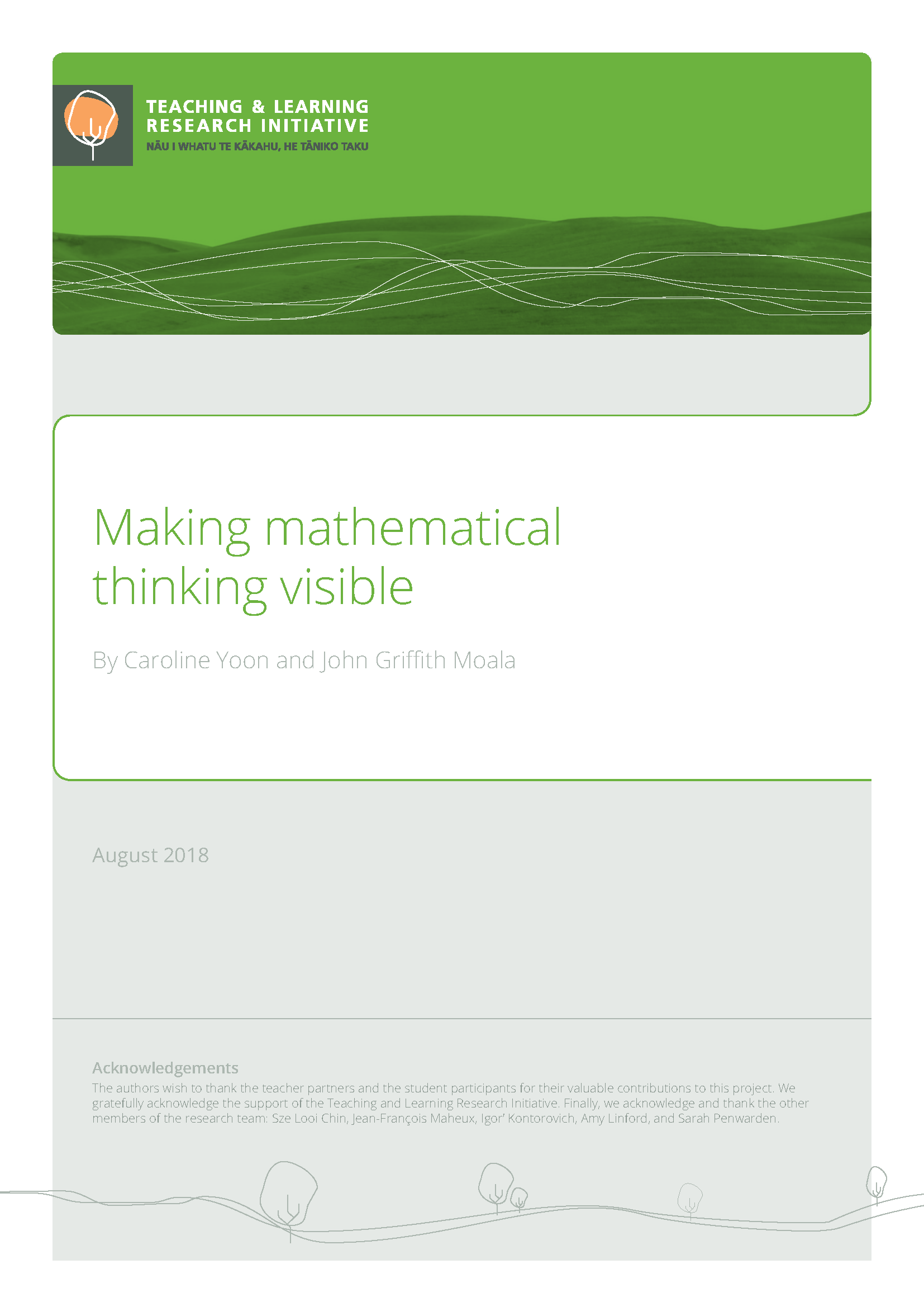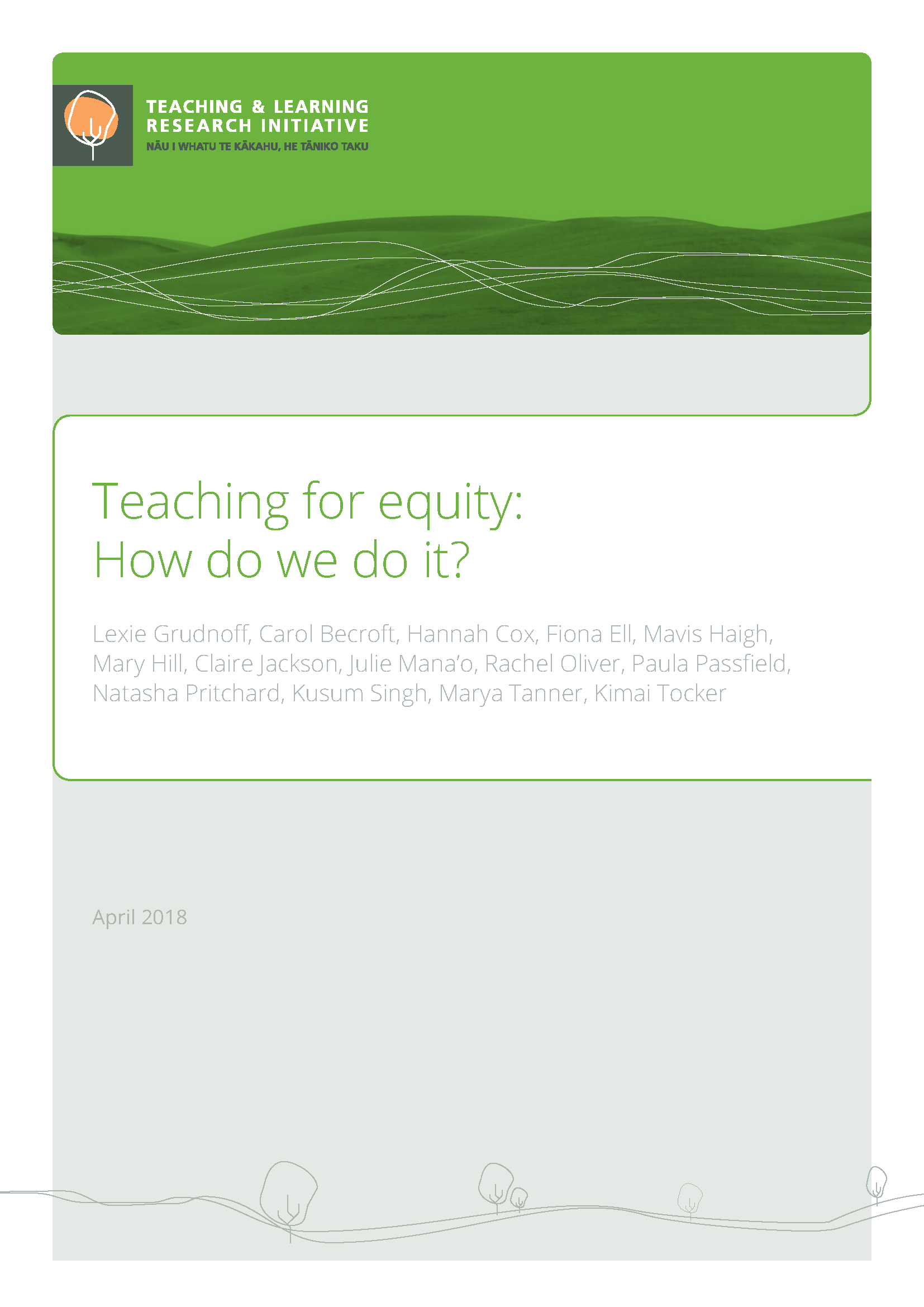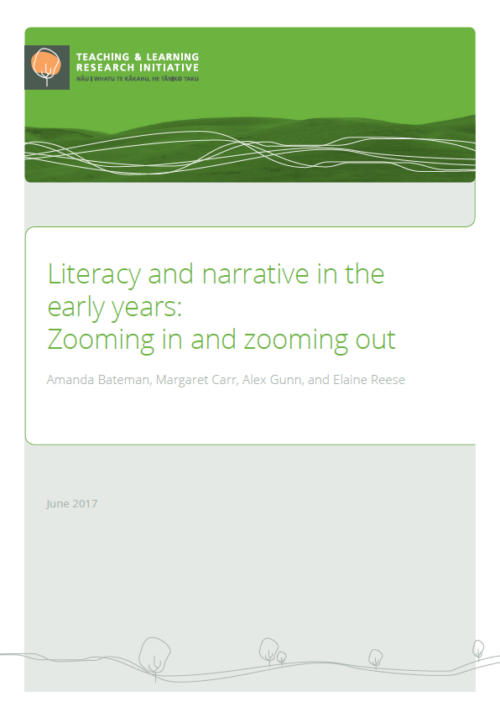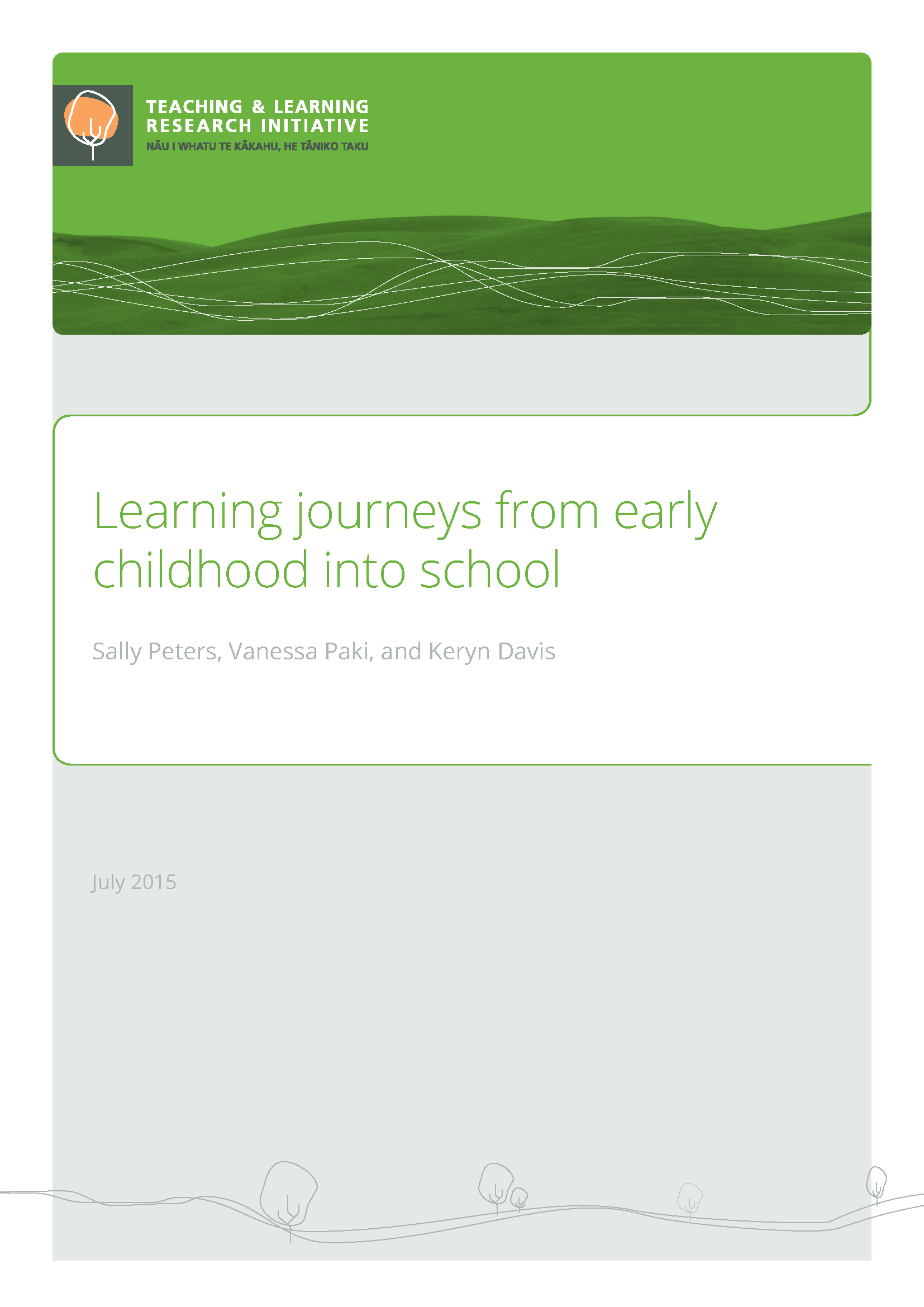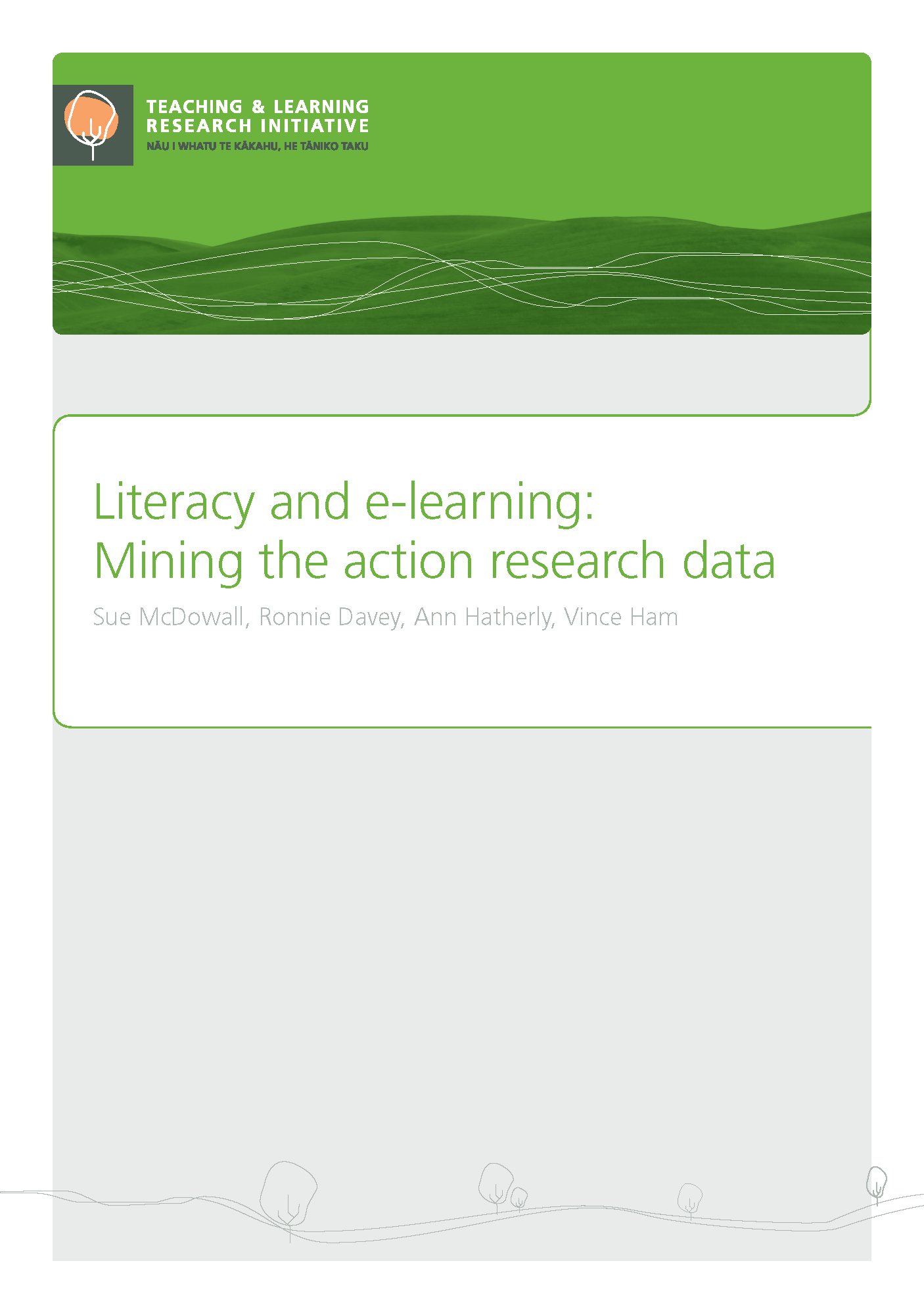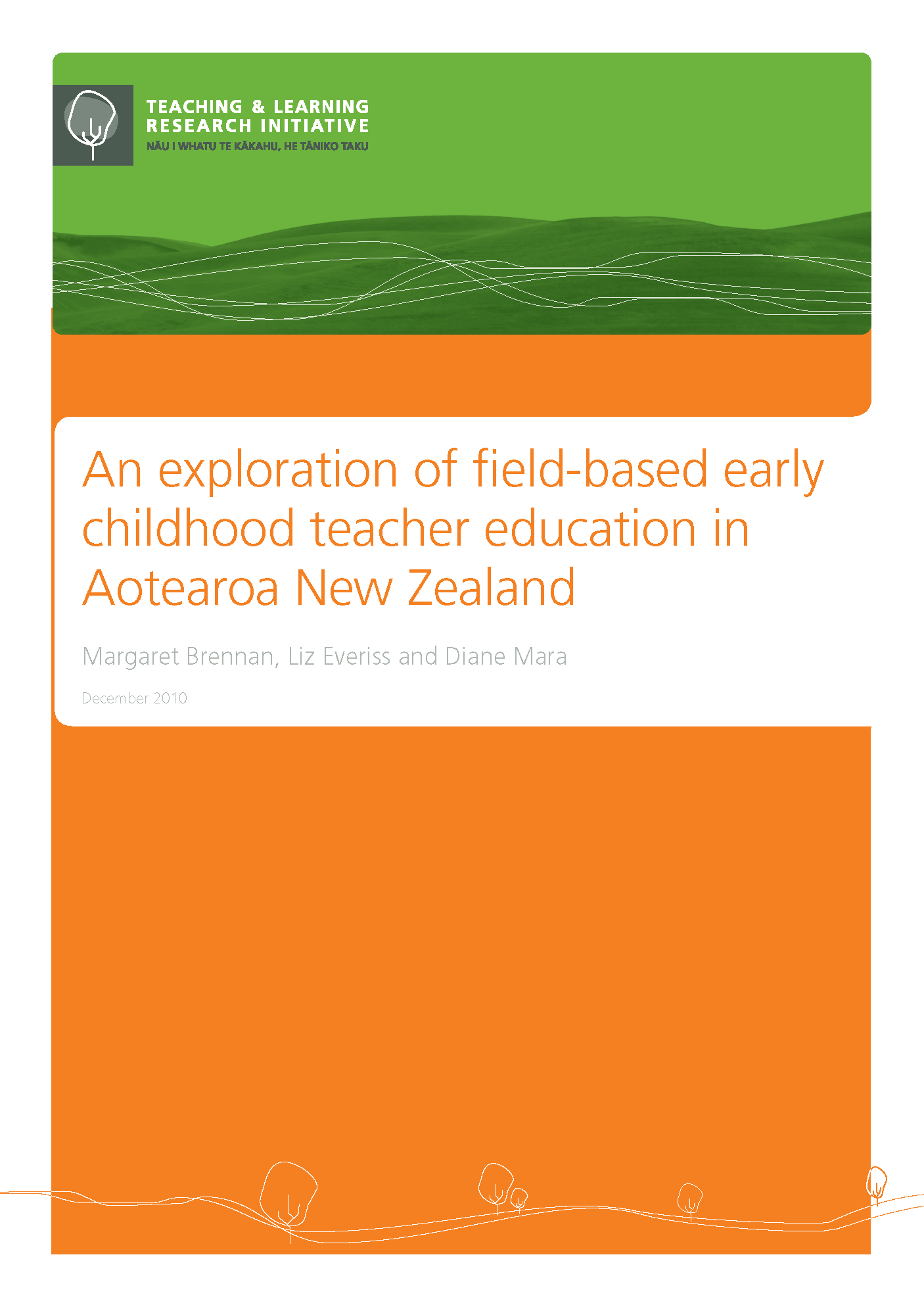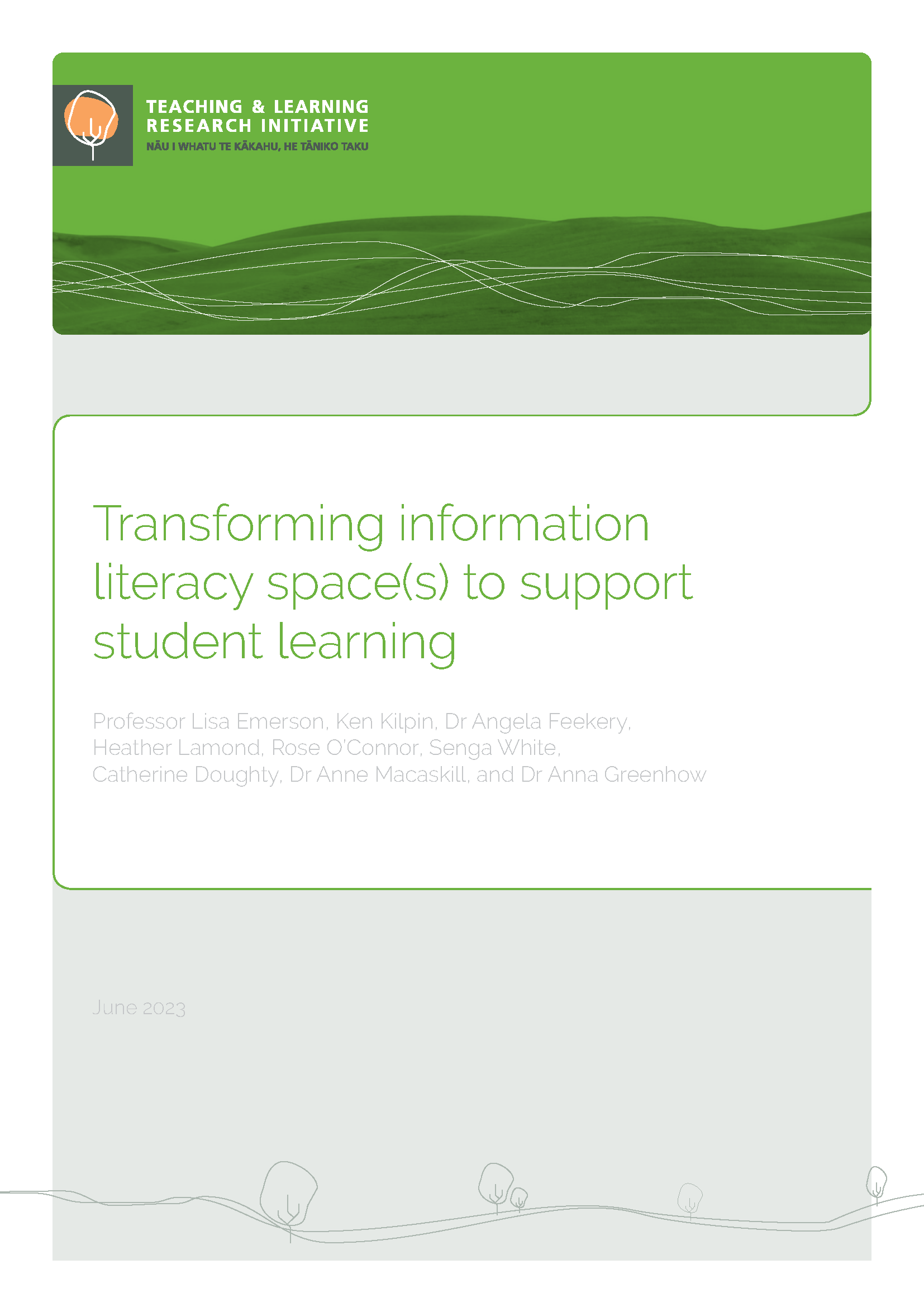
Transforming information literacy space(s) to support student learning
1. Introduction The driver of this research arose from the findings from our earlier TLRI-funded research on academic literacy (see Emerson et al., 2015): that there was a significant disconnect between literacy expectations in the tertiary and secondary sectors, and that information literacy (IL) was a key to that transition. We perceived IL as a hidden aspect of the curriculum that, if addressed, could deepen student learning and enable effective transition. Further, we saw IL resources—primarily the librarian—as hidden and underutilised within the tertiary and secondary classrooms. The importance of IL, described as the meta-competency or metaliteracy of the digital age (Lloyd, 2003; Mackey & Jacobson, 2011; Secker & Coonan, 2012), and

